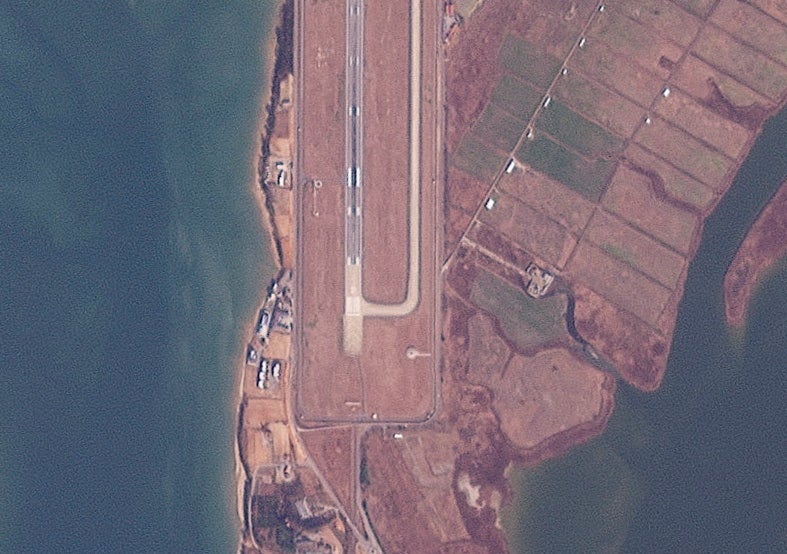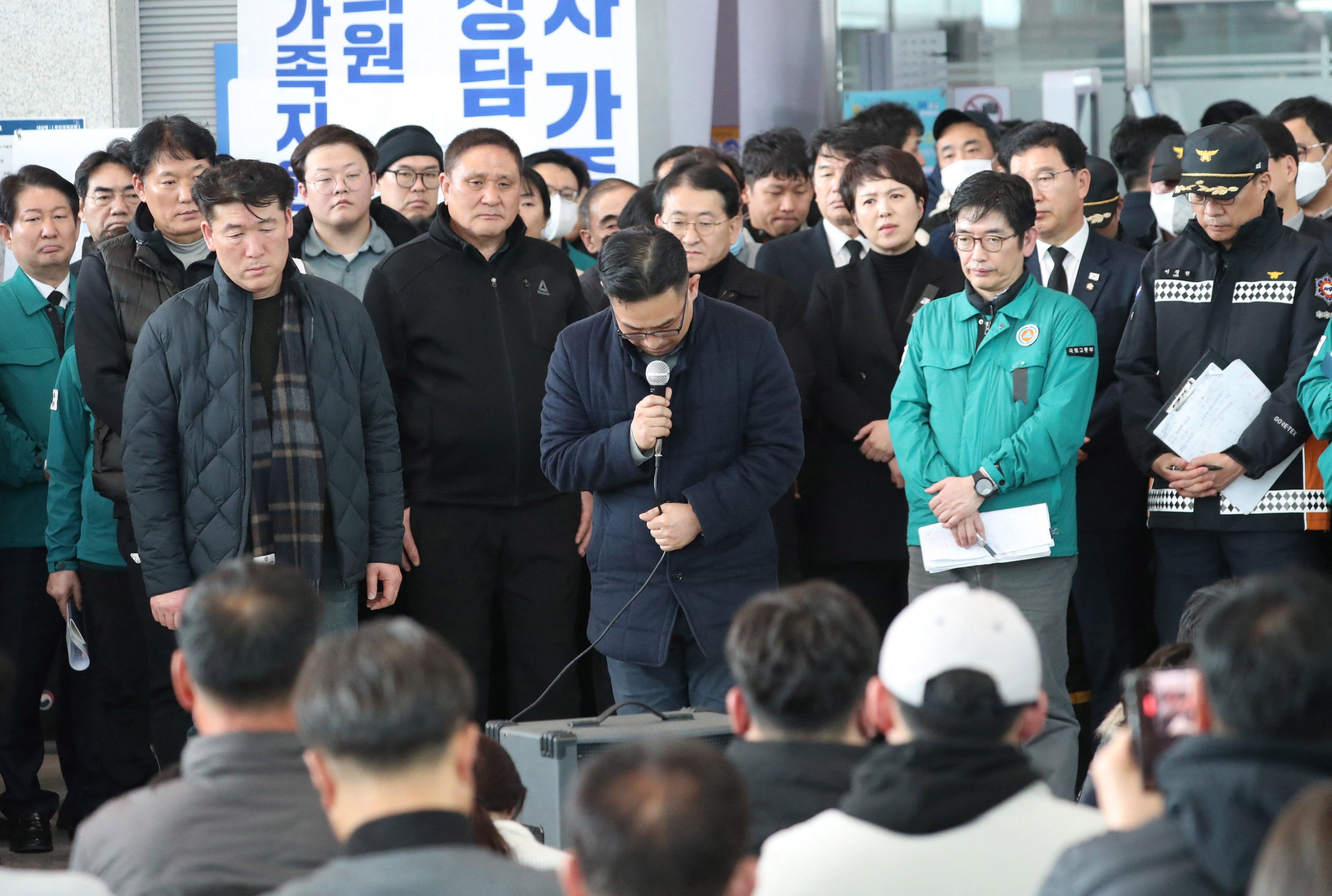2024 was deadliest year for commercial aviation since 2018
Despite a series of deadly crashes, airplane disasters remain extremely rare
Your support helps us to tell the story
From reproductive rights to climate change to Big Tech, The Independent is on the ground when the story is developing. Whether it's investigating the financials of Elon Musk's pro-Trump PAC or producing our latest documentary, 'The A Word', which shines a light on the American women fighting for reproductive rights, we know how important it is to parse out the facts from the messaging.
At such a critical moment in US history, we need reporters on the ground. Your donation allows us to keep sending journalists to speak to both sides of the story.
The Independent is trusted by Americans across the entire political spectrum. And unlike many other quality news outlets, we choose not to lock Americans out of our reporting and analysis with paywalls. We believe quality journalism should be available to everyone, paid for by those who can afford it.
Your support makes all the difference.This year has been the deadliest for aviation accidents since 2018 after a commercial aircraft smashed into a concrete wall on Sunday morning in South Korea, killing 179 out of 181 people on board.
The Jeju Air Boeing 737-800 plane collided with a barrier before erupting in flames at the Muan International Airport. The flight had departed from Bangkok, Thailand around 2 a.m. on Sunday. Only two people, who were both crew members, survived the catastrophe. An international group of investigators is now working to determine the cause of the deadly incident.
Passenger plane fatalities jumped this year after the Jeju Air crash and an Azerbaijan Airlines jet was downed on Christmas Day in Kazakhstan after it flew into Russian airspace. Thirty-eight out of 67 people on board died in the incident. In August, a regional commercial aircraft crashed in Brazil, killing all 62 people on the aircraft.

A total of 318 people died in plane fatalities this year, according to data from the Aviation Safety Network. This marks the deadliest year in aviation since 2018, when 557 people died on commercial flights. That year, a Lion Air Boeing 737 Max aircraft crashed into the Java Sea after departing from Jakarta, Indonesia, killing all 189 people on board.
This year is the first time since 2018 that flight fatalities have exceeded 300 people.
In 2023, flight fatalities hit a recent low of 120, the safest year in air travel since 2017, when 58 deaths were reported.
In a statement following the Jeju Air crash, Boeing said it was in contact with the airline and stood by ready to support them.
“We extend our deepest condolences to the families who lost loved ones and our thoughts remain with the passengers and the crew,” the company said. Boeing is one of two major commercial airplane manufacturers, with the second being Airbus, the company’s European competitor. Boeing shares fell four percent in premarket trading on Monday.
The National Transportation Safety Board, the leading U.S. investigative agency following transportation disasters, will lead a team of U.S. investigators to assist Korean officials with the probe. Any forthcoming information will be released by the South Korean Aviation and Railway Accident Investigation Board, the federal agency said.
On Monday, South Korean authorities ordered the grounding of all Boeing 737-800 planes used by the country’s airlines after a second Jeju Air plane experienced a landing gear issue. Officials will inspect the planes before returning them to the skies.

The Federal Aviation Administration ordered all Boeing 737 Max 9 aircraft to cease operations after a door plug blew out of an Alaska Airlines flight nearly a year ago. The agency required all 171 planes to be inspected before they could return to transporting customers.
It’s not clear what caused Sunday’s crash, but investigators suspect a bird strike or a landing gear failure may have played a role, although the former rarely causes such catastrophic incidents. The landing gear had not been deployed when the plane hit the tarmac.
Despite the deadly collisions, fatal airplane crashes remain rare and typically occur during landing and takeoff. Sunday’s fatal crash marked the first for Jeju Air. Investigators will likely work to determine the cause of the incident to prevent similar ones from happening in the future. Officials will analyze data obtained from the cockpit voice recorder and black box to find out what caused the crash. Preventative measures are normally enacted after catastrophic incidents.

Join our commenting forum
Join thought-provoking conversations, follow other Independent readers and see their replies
Comments